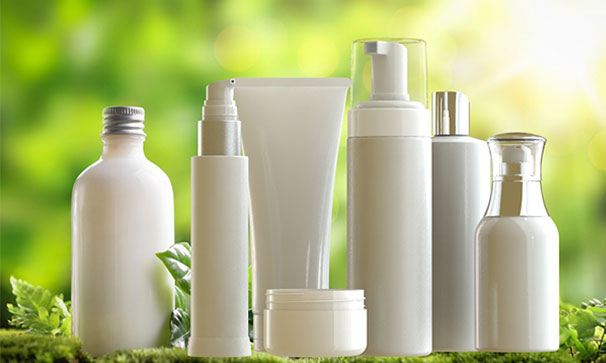The Rising Trend of Private Label Organic Skincare
Introduction
The skincare industry is booming, with consumers increasingly opting for products that align with their values, particularly when it comes to organic ingredients. One of the fastest-growing segments within this market is private label organic skincare. Brands are recognizing the benefits of offering personalized and unique skincare lines to their customers. But what exactly is private label organic skincare, and why is it gaining so much traction?
What is Private Label Organic Skincare?
Private label organic skincare refers to skincare products that are manufactured by one company but branded and sold under another company’s label. These products are made with organic ingredients, free from harmful chemicals and synthetic additives, and are marketed as eco-friendly and health-conscious options.
Benefits of Private Label Organic Skincare
1. Customization and Uniqueness
- Brands can offer custom skin care formulations tailored to specific needs and preferences.
- This allows companies to differentiate themselves in a crowded market.
2. High-Quality Ingredients
- Organic skincare products use natural ingredients that are safe for the skin and the environment.
- Consumers are more likely to trust and prefer products with transparent ingredient lists.
3. Brand Loyalty
- Offering unique, high-quality products can significantly boost brand loyalty.
- Customers appreciate brands that align with their values, leading to repeat purchases.
4. Flexibility and Control
- Private labeling provides flexibility in terms of packaging, branding, and product formulations.
- Companies can quickly adapt to market trends and consumer demands.
How to Get Started with Private Label Organic Skincare
1. Identify Your Target Market
- Understanding your audience is crucial. Are they looking for anti-aging solutions, acne treatments, or general skincare?
2. Choose a Reputable Manufacturer
- Partner with a manufacturer that specializes in organic skincare and offers custom skin care formulations.
- Ensure they adhere to high standards of quality and safety.
3. Develop Your Brand Identity
- Create a compelling brand story that resonates with your target audience.
- Design premium packaging solutions that reflect the quality of your products.
4. Select Your Product Line
- Start with a few key products such as cleansers, moisturizers, and serums.
- Consider adding popular items like private label vitamin C serum to your line.
5. Marketing and Launch
- Use social media, influencers, and email marketing to create buzz around your brand.
- Offer introductory discounts and promotions to attract initial customers.
Conclusion
Private label organic skincare presents a lucrative opportunity for businesses looking to enter the skincare market or expand their existing product lines. With the increasing demand for organic and eco-friendly products, now is the perfect time to invest in this growing trend. Start by partnering with a reliable manufacturer, developing a strong brand identity, and offering high-quality, customized products that your customers will love.




